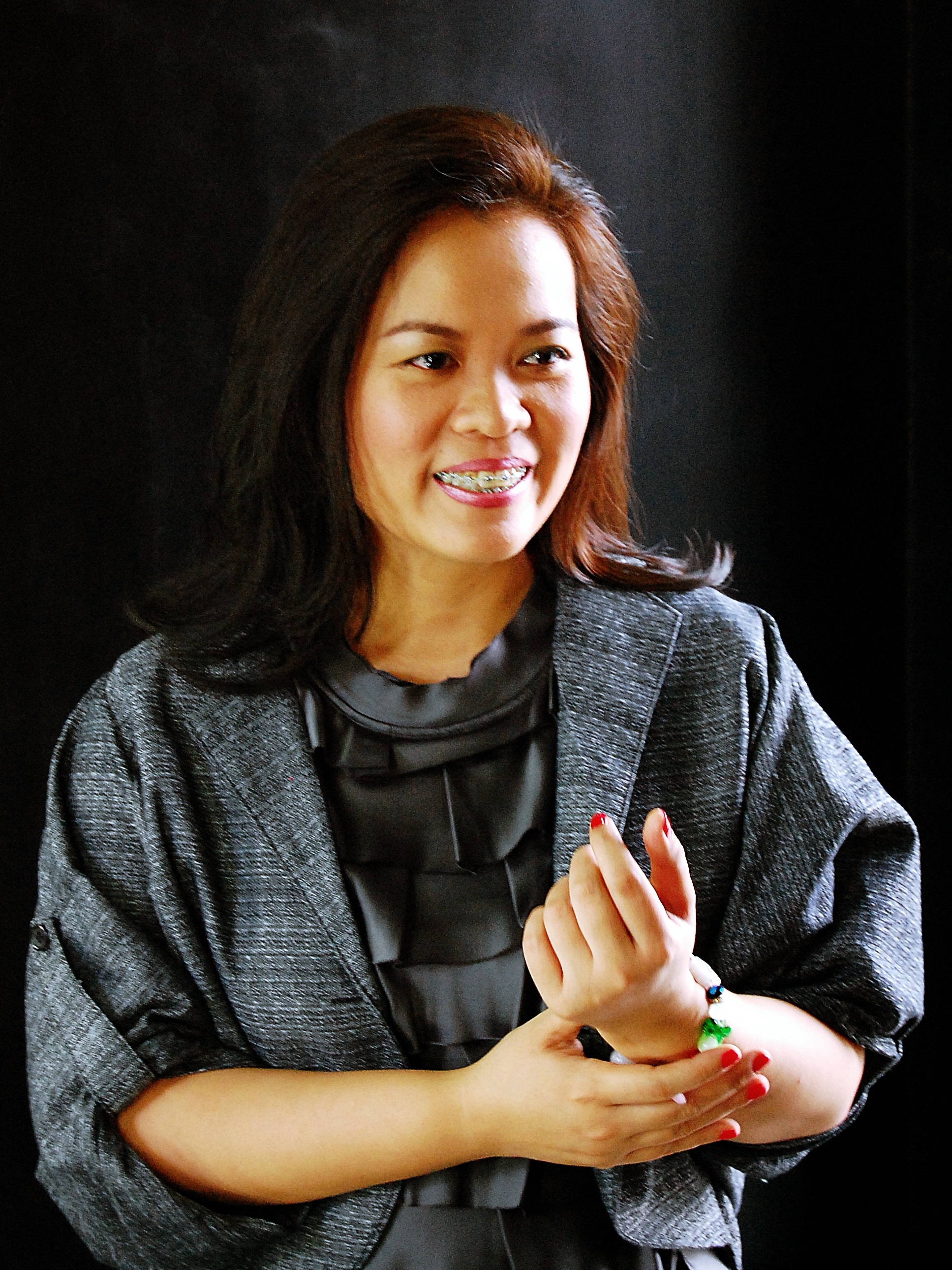The pandemic era has greatly redefined how, when, and where people work. How can companies prepare for success and avoid becoming the weakest link in the business ecosystem?
Shaping the Future of Work for a Better World and Shaping Human Experience, two new reports from JLL, a global property services organisation, have looked at variables that influence the future of work.
The studies show that in a post-pandemic environment, organisations “with the agility to adapt to new and changing conditions across work, the workforce and the workplace will successfully build their competitive advantage in a post-pandemic world”.
Office purpose redefined
Remote work may be the new normal for workplace set up at the moment, but 70 per cent of the 2,000 global office workers who participated in the JLL human experience research “believe the office environment is more conducive to connecting with teammates to solve complex issues, manage direct reports and connect with leadership”.
Ben Tindale, JLL’s managing director of accounts – work dynamics Australasia, has reported that “the office provides a sense of community and belonging”, whereas remote work “has led to gaps in collaboration, leadership and managerial competencies”.
If, in the past, a traditional office served as the be-all and end-all of business operations, Mr Tindale said the office of the future would be the “central hub for productivity and collaboration and provide a new purpose of driving sustained human performance, experience and well-being”.
According to JLL’s findings, one out of every two employees, for example, considers socialisation areas to be critical to their future office experience.
Furthermore, 74 per cent of employees believe that being able to go to work is still essential.
In the future, however, Mr Tindale said all effective office spaces would be based on the principles of variety, flexibility, and choice.
The shift: workplace-focused to worker-centric
Most businesses may have already adopted a more flexible work arrangement for employees.
But is this enough to retain and attract the best talent in the global workplace?
JLL’s research has revealed that 66 per cent of employees are expecting to be able to work from diverse locations and are looking for a safe, productive, and seamless experience that meets their personal and professional needs now that work has no borders.
Employers, then, will have to strike a balance between the physical and virtual workplaces in order to fulfil the changing needs and work habits of their employees.
In short, the future of work sees a shift from a workplace-focused to a worker-centric mindset.
Based on “radically different” employee expectations that emerged in JLL’s study, they were able to identify these four worker profiles which need to be at the core of a worker-centric workplace:
- The Traditional Office Worker prefers to work solely in a single location.
- The Free Spirit is looking for a way to get away from the routine of the office.
- The Experience Lover is a person who enjoys human experiences.
- The Wellness Addict puts priority in work/life balance.
It may seem apparent by now that things will not go back to exactly how they were pre-pandemic and so, employers may have to start thinking of how to go with the flow of change.
“Employers need to shape their workspaces according to the new ways of working imposed by the pandemic, and reinvent themselves to evolve alongside the workforce, rather than against it,” Mr Tindale suggested.
Opportunity to shape the future of work
With half of the workforce wanting to work both in the office and remotely, JLL anticipates a significant shift in flexible space operating models as hybrid work quickly becomes the standard.
What does this flexible space operating model look like?
“This ranges from landlords creating their own flexible space (or partnering with flexible space operators) to corporate occupiers considering a greater dispersion of their footprint to adapt to new working and living patterns, a dispersed, digitally enabled, liquid workforce will characterise the future of work,” Mr Tindale said.
The pandemic may have disrupted the status quo of the global workplace, but Mr Tindale raised a good point that “it is also providing a once in a lifetime opportunity to shape a better future of work”.
“In the near future, successful companies will be those that are bold and proactive in shaping their workplaces according to the changing needs and preferences of a liquid workforce, where solutions are tailored to meet individual employee needs,” he concluded.
ABOUT THE AUTHOR

Noemi Paminuan-Jara
Noemi is a journalist for Smart Property Investment and Real Estate Business. She has extensive experience writing for business, health, and education industries. Noemi is a contributing author of an abstract published by the American Public Health Association, and Best Practices in Emergency Pedagogical Methods in Germany. She shares ownership of the copyright of an instructional video for pharmacists when communicating with deaf patients. She attended De La Salle University where she obtained a double degree in Psychology and Marketing Management.







You are not authorised to post comments.
Comments will undergo moderation before they get published.